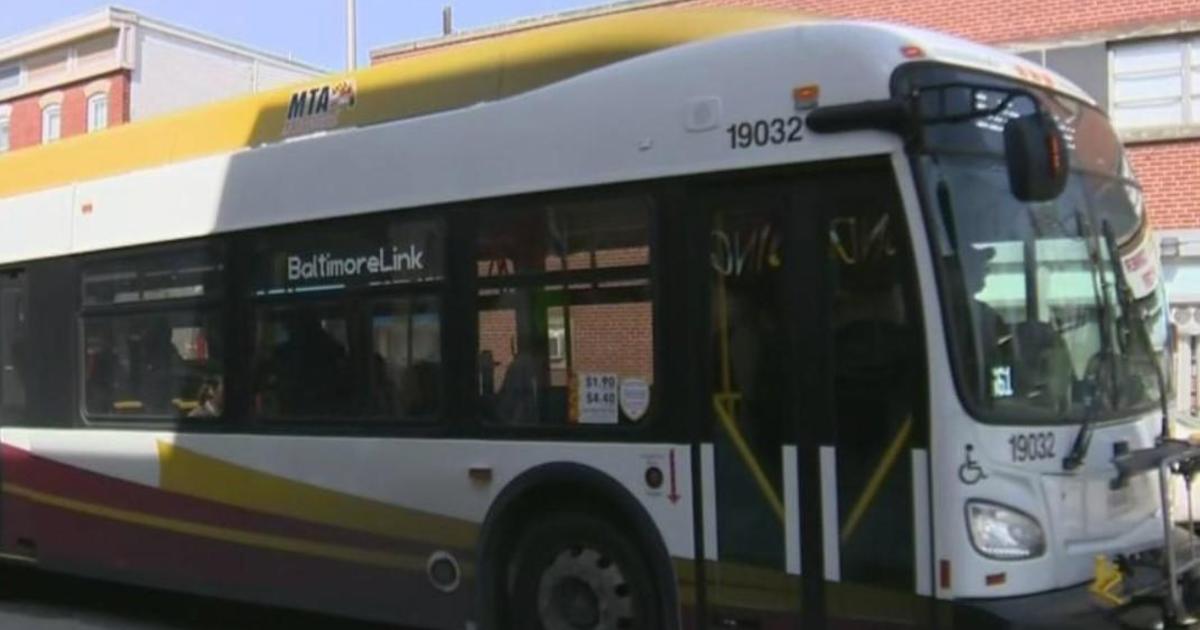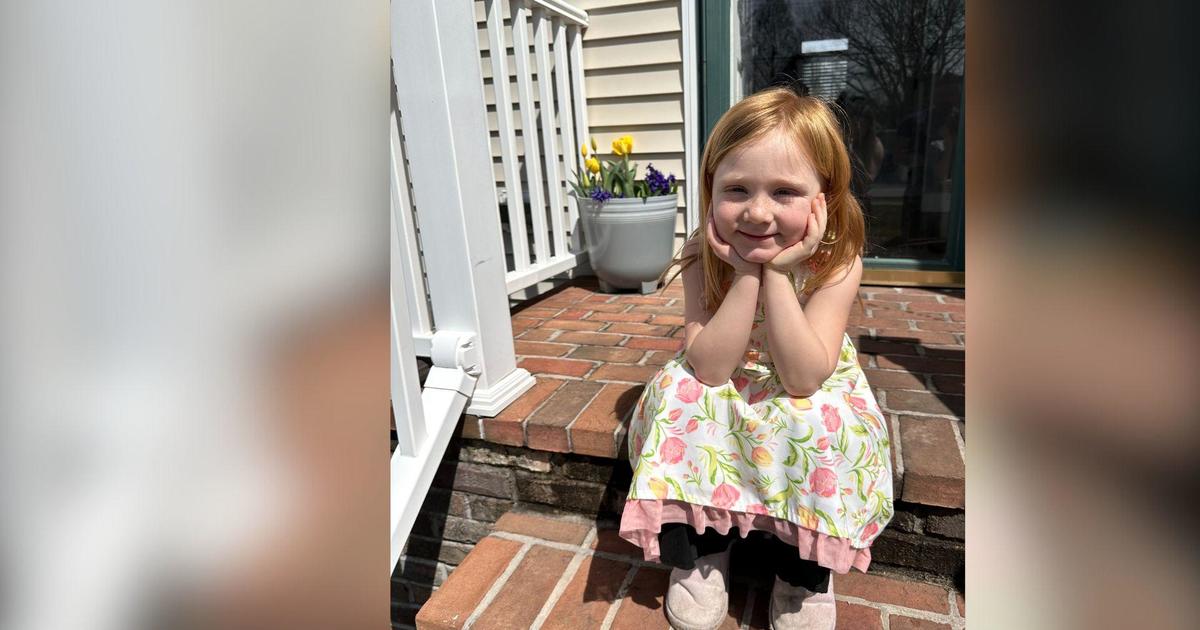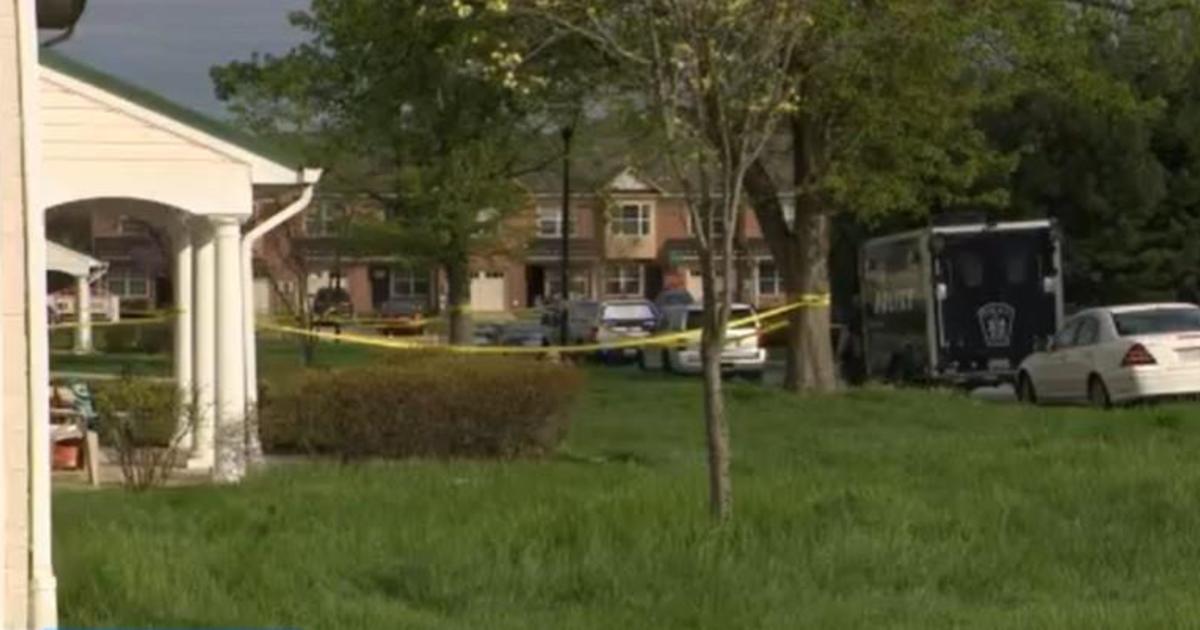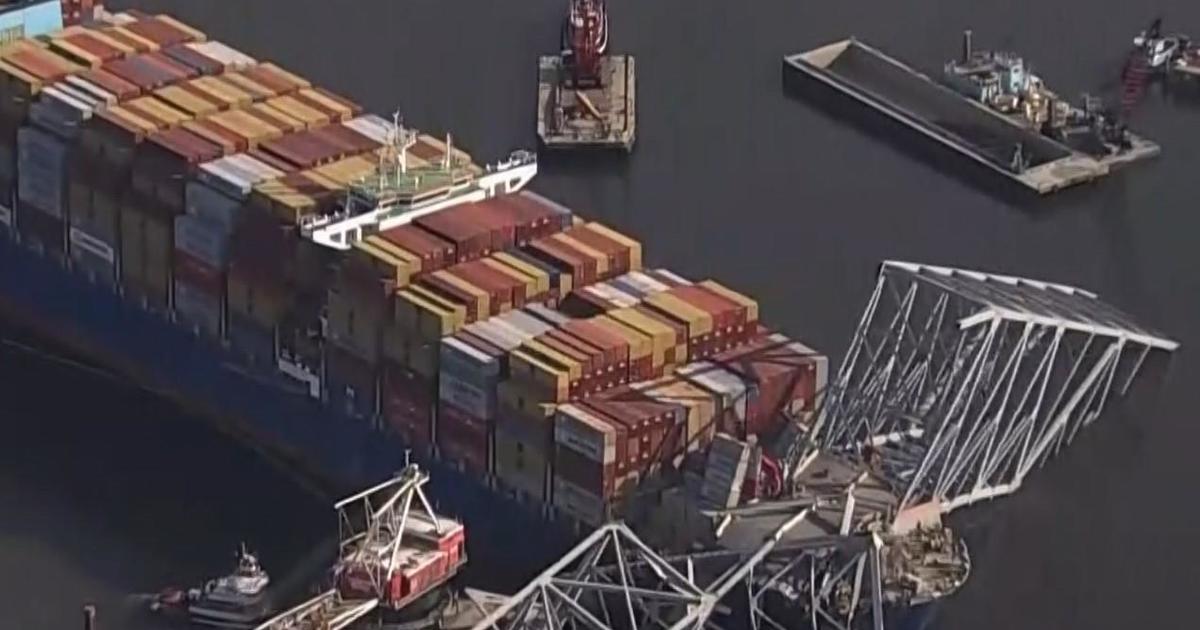D.C. Subway: Fire Changes Led To Difficulty Using Radios
WASHINGTON (WJZ)—Multiple failures are the latest findings from the National Transportation Safety Board's probe into the deadly D.C. Metro incident.
Tracey Leong explains this major breakdown that left one dead and more than 80 hospitalized.
Crippled radio systems and faulty fans contributed to the chaos that erupted inside D.C.'s L'Enfant Plaza Metro station, stopping the train in its tracks and trapping hundreds of passengers.
Black smoke filled their cars, making it nearly impossible for them to breathe or escape.
"Several issues we found there that needed immediate recommendations and we issued them without waiting for the completion of the process," said Acting Chairman of the NTSB, Christopher Hart.
Metro is reporting that fire officials had adjusted the radios several days before the incident, causing them to be nearly ineffective.
Officials were unable to fix the radios until several days after the crisis, which is being blamed on an encryption code.
This comes just a day after the National Transportation Safety Board briefed Congress on the problems with the ventilation fans, causing them to suck smoke into the trains instead of out of them.
"We have tested the ventilation system, and noted some anomalies that will require further testing," said Hart.
Carol Glover, 61, was killed when smoke filled her Metro train for close to an hour. Metro has now released a set of ten actions to improve safety guidelines and schedule new emergency drills.
"The only two reassuring things that came out of the meeting was that the interoperability between the District of Columbia and the metro first responders is now working and ventilation system that brought smoke in to the car has been reversed," said Sen. Barbara Mikulski.
The exact cause of the electrical malfunction could take months to investigate.
The 13 members of Congress who met with the NTSB are urging officials to take actions of safety before the final report is released.
Metro connects the D.C. area to Maryland and Virginia with more than 700,000 passengers a day.



